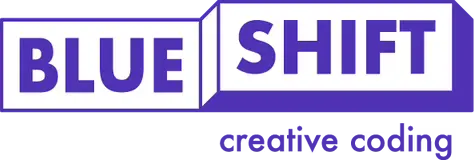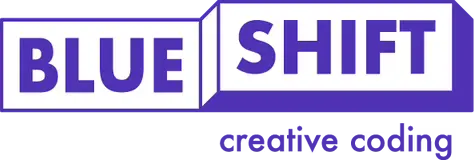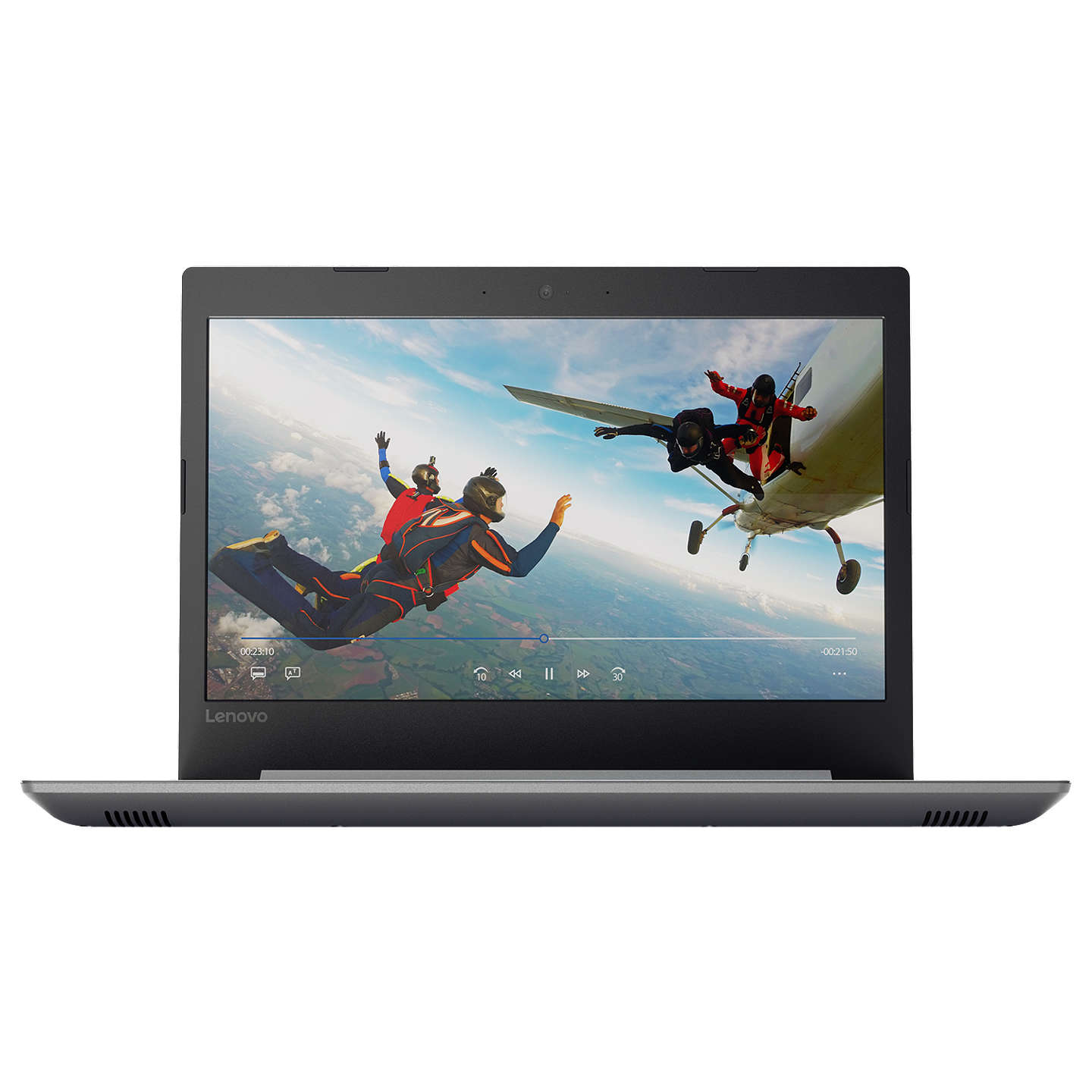What Laptop Should I Buy My Child?
Choosing a laptop for your child can be a daunting task for any parent, but we want to make this challenge easier. Before purchasing your child’s next piece of tech, first consider the purpose of this new computer. Will it be used for programming, animation, or just touch-typing essentials? Depending on these specific interests and needs, you can factor certain software and hardware considerations like processor speed into your laptop qualifications.
Not only do you want a computer that has the features your child needs, but you will also want to choose one that suits their age and your price point. For younger children, we recommend a lighter laptop with a smaller screen because it will be easier for them to use and carry. For older programmers, a larger 15 inch screen size is more appropriate. No matter what laptop you buy remember this: durability is key! These will be in the hands and backpacks of children, after all. At blue{shift}, we understand the importance of kid-proof technology; we run coding camps and after-school clubs for kids aged 5–13 in London, so we know how important getting the right laptop is — both in terms of specs and backpack-proof durability! Here, we have provided recommendations on laptops that are durable and suitable for children (and ones we use in our clubs and camps ourselves!)
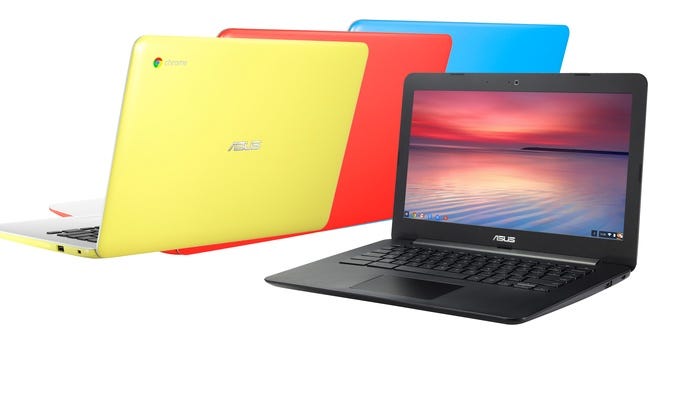
Chromebooks
Chromebooks can be a good option for those starting out in coding. Starting at £189, these relatively inexpensive laptops are equipped with a long battery life. Because of their variety of colours and features, Chromebooks are a great choice for younger children. These lightweight laptops store everything via cloud-based storage like Google Drive, and they use Android apps by Adobe, Microsoft, and others. (Though It should be noted that not all Chromebooks support Android apps, a full list of the ones that do can be found here.) For parents, Chromebooks provide peace of mind with their parental controls, where you can create supervised accounts to track or limit online activity. The downside of these versatile laptops is that they are not designed for playing games such as Minecraft due to these games being app based and requiring more processing power.
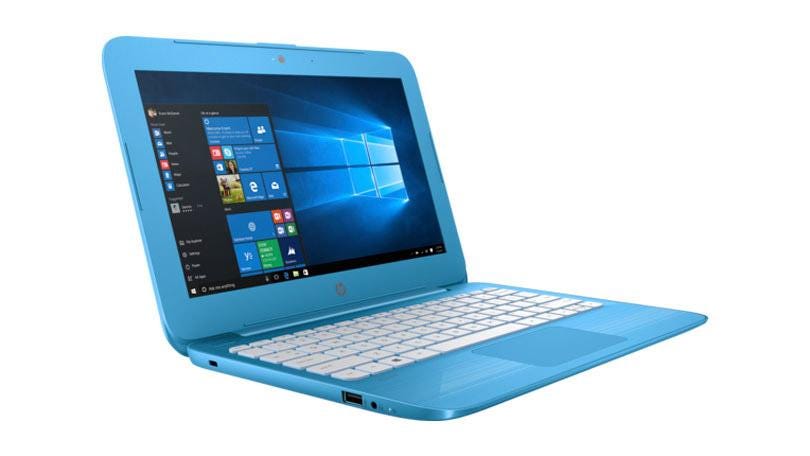
HP Stream
The HP Stream is a great first laptop, and this lightweight option is ideal for portable computing. For those children interested in more advanced coding, this laptop has the power and speed they need with its dual-core Intel Celeron processor which runs Windows 10. Not only do they come in some fun, bright colours, but they also have a one-year subscription for the Office 365 suite included. So whether it is for finishing homework or learning new programming languages, your child has the adaptability to create their next project with the Stream. These laptops are the perfect size and have the speed for the younger audience, and at an affordable price point of £219 and up.
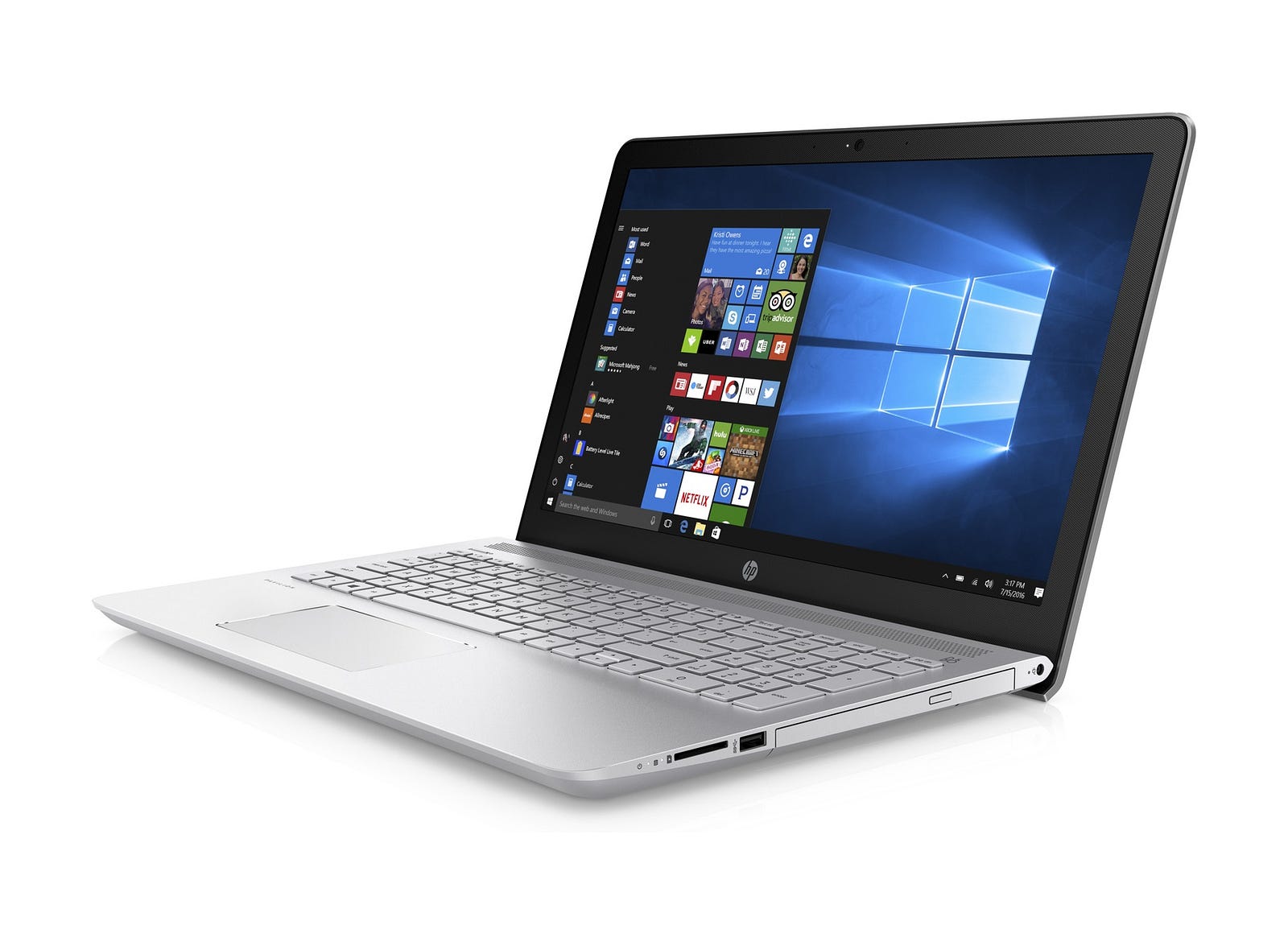
HP Pavilion
If your child is a little older and needs more power and features than a basic laptop, the HP Pavilion may be your best option; starting at £399, this laptop will carve the path for future programming endeavors and will grow with your children. If they are interested in coding, programming, and, in particular, creating and playing games such as Minecraft, then this laptop is an all around great choice. For those interested game design or not, the Pavilion can handle a range of projects and programming languages with its 10 hours of battery life. With an Intel Premium Processor and 1TB of storage, the Pavilion offers a variety of features while still slim enough to carry in a backpack.
Lenovo 80XL035QUK
When looking at laptops specifically for playing games such as Minecraft, The Guardian recommends the LENOVO 80XL035QUK, which has 15.6” screen and 2TB of storage. This laptop usually retails at £499, but is very popular and often out of stock. A less expensive and slightly smaller alternative to this is the Lenovo IdeaPad 320, costing around £399 at John Lewis. This has 8GB of memory, a 2TB hard drive and a 14” screen. It has a 128GB Solid State Drive (SSD) and is lightweight, making it a good laptop option for parents looking for a laptop that is suitable for gaming while also being useful for schoolwork. There are lots of different Ideapad models such as the 310 and the 320S,which are slightly cheaper. However, most of these only have 4GB of memory and we would recommend a laptop with at least 8GB for playing Minecraft.
These are just four options that we personally use in our camps and coding clubs. Remember, no matter what laptop you purchase, you will be investing in your child’s future technical and creative education, and that is invaluable.
We hope we have made the shopping process easier, but if you have any questions or concerns when buying a laptop, do not hesitate to contact us!




